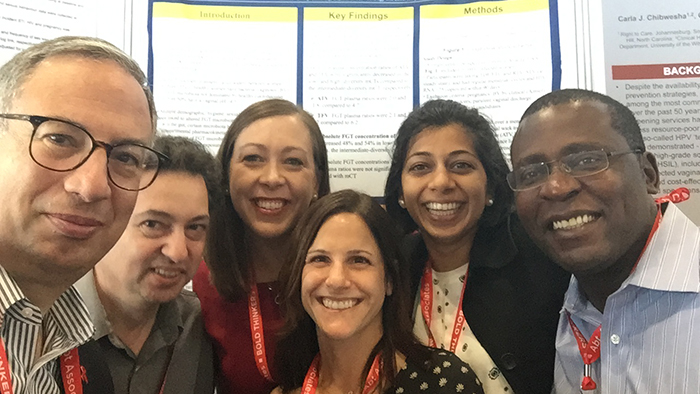All ID fellows participate in a major clinical, epidemiologic, translational, and/or laboratory scholarly project during their fellowship. In the second half of Year 1, fellows will identify a faculty member under whose guidance they will carry out their research project. Emory provides an environment suited to developing expertise in many disciplines within infectious diseases. While some trainees designate a specific area of interest prior to the start of the fellowship, this is not required, and selection of an appropriate mentor and project is facilitated by individualized guidance from fellowship program leadership.
Scholarly projects are completed in Year 2 and beyond. A third year and, in some cases, subsequent years of training may be pursued by individuals whose goal is a career in academic infectious diseases focused on clinical, translational, or basic science investigation. Fellows pursuing these additional years of training will spend their time largely under the supervision of their faculty mentor, with support and guidance from program leadership, and in some cases, additional oversight by an individualized mentorship committee. Funding support for Year 3 and beyond is provided through a variety of sources (e.g., NIH training grants, CDC-funded research, competitive fellowships, VA Career Development Program support, and in some cases Divisional funding).
Support is provided for trainees to attend at least two scientific meetings (typically IDWeek and another conference of their choice) during their fellowship. Attendance at additional meetings is encouraged and supported financially when feasible, especially for those who are presenting their scholarly work.


